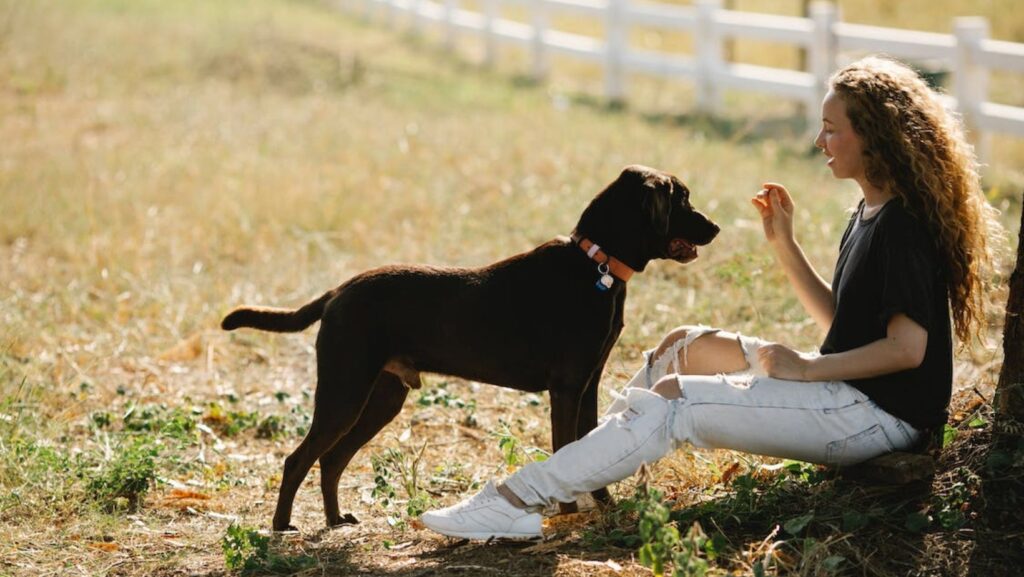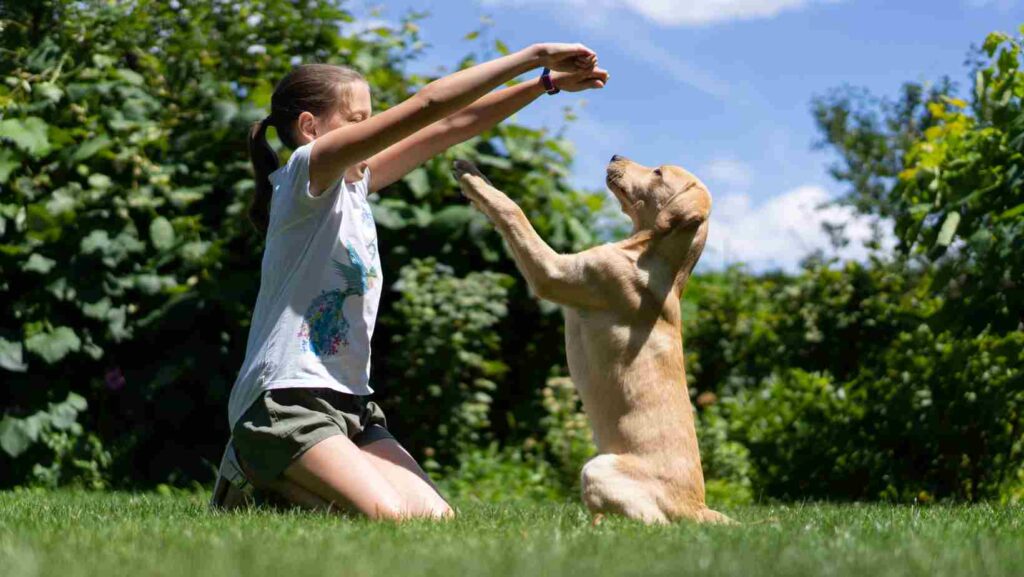Bringing home a new puppy is an exciting time for any family, but it’s also a big responsibility. One of the most important aspects of pet ownership is training, but many owners are left wondering: How Long Does it take to train a Dog? The answer is not as straightforward as you might think. It depends on various factors, such as the breed of your dog, the training methods used, and your own commitment to the process. In this guide, we’ll explore everything you need to know about dog training and give you some tips on how to make it a success.
How Long Does it take to train a Dog?
The length of time it takes to train a dog can vary widely. Some dogs are quick learners and can pick up basic commands in a matter of weeks, while others may take months or even years to master certain behaviors. However, as a general rule, you can expect the following time frames for different types of training:
- Basic obedience training: 4-6 months
- Housebreaking: 4-6 months
- Crate training: 1-2 weeks
- Leash training: 2-4 weeks
- Advanced training (such as agility or obedience competition training): 6-12 months or more
Of course, these time frames are just estimates, and your own experience may vary depending on your dog’s individual temperament, your training methods, and how much time you’re able to dedicate to training.
Factors That Affect Training Time
As mentioned, there are various factors that can affect how long it takes to train a dog. Here are a few of the most important ones to consider:
- Breed: Some breeds are naturally more obedient and easier to train than others. For example, Labrador Retrievers are known for being quick learners, while Afghan Hounds can be more stubborn.
- Age: Puppies have a shorter attention span and may need more frequent, shorter training sessions than older dogs.
- Training methods: Positive reinforcement training methods tend to be more effective and faster than traditional punishment-based methods.
- Consistency: Regular, consistent training sessions are key to success. Dogs need repetition to learn and will quickly forget what they’ve learned if they’re not consistently reinforced.
Tips for Successful Dog Training
Now that you know how long dog training can take and what factors can affect it, here are some tips to make the process smoother:

- Start early: The earlier you start training, the better. Puppies are more receptive to learning and are less set in their ways.
- Be patient: Rome wasn’t built in a day, and neither is a well-trained dog. Don’t expect your dog to learn everything at once, and be prepared to take things slowly.
- Use positive reinforcement: Rewarding good behavior is a much more effective way to train your dog than punishing bad behavior. Use treats, praise, and playtime to motivate your pup.
- Be consistent: Consistency is key. Stick to a regular training schedule, use the same commands, and always reinforce good behavior.
- Seek help if needed: If you’re struggling with training, don’t be afraid to seek help from a professional trainer. They can offer guidance and advice to make the process easier.

Frequently Asked Questions
Q: Can all dogs be trained?
Yes, all dogs can be trained, but some may take longer than others. It’s important to understand your dog’s individual temperament and adjust your training methods accordingly.
Q: How long does basic obedience training take?
Basic obedience training typically takes 4-6 months, but this can vary depending on your dog’s individual temperament, your training methods, and how much time you’re able to dedicate to training.
Q: How long does leash training take?
Leash training usually takes 2-4 weeks, but this can also vary depending on your dog’s individual temperament and your own consistency in training.
Q: How long does housebreaking take?
Housebreaking, or potty training, typically takes 4-6 months. Again, this can vary depending on factors such as your dog’s age and breed, as well as your own consistency in reinforcing good behavior.
For more details you can contact us or follow s at pinterest








